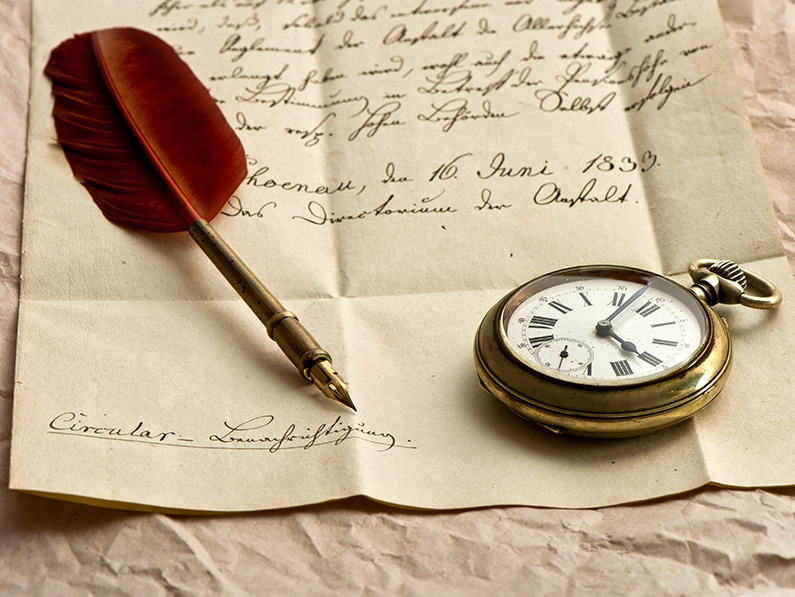Guidelines for Writing a Good About Page | ncorde
First and foremost an “About” page has to get a point across. Everything else is completely and entirely useless unless the content and the layout is achieving a goal. That goal is to tell the user who you are by showing them what you can do for them or have done for others.
A well written “About page” is of the most important piece of your website. The About page is where site users go to learn more about the site they’re on.
Your “About page” needs to achieve a balance between being about you and your business (naturally) and engaging with your reader. Think about how you can make your page about your reader rather than yourself.
Overcompensate if you’re not an experienced writer. Simply because you will automatically be drawn into talking about yourself as that’s the title of the page.
It’s not enough to have an interesting site and great product if your visitor can’t find a way to relate to you.
The About page is the section of a website where people go to find out about the website they’re on.
In this guide, we’ll walk you through the most essential aspects of any “About” page.
You want to write you’re about page to give your readers a nice warm feeling, get them to sign up or get them to complete an inquiry form, e-mail you, or call you.
So here’s how to write a great “About” page. The principles are similar, but some of the ideas are a little different.
Answer These Questions:
Who are you?
What do you do?
What can I do for you, the visitor?
When did you start doing what you’re doing?
Where are you?
How are you accomplishing what you claim to do?
How can I be contacted?
An “About” page can be carved down to these questions. Visitors want to know briefly who you are, why you decided to make a website, and how they can reach you if they want to hear more.
About Page Outline
Why is your “About page” so important?
Some sites don’t even have an About page. If yours is one of those, you should start improving that immediately you’ve finished reading this piece.
But why is it so important? We’ve seen countless sets of stats for websites, and there are two pages that are almost always in the top 5 or 10 most popular. The Home page and the About… page.
Your About page may not rank as highly in Organic Search as some of your other pages, but it gets traffic in other ways. Primarily, people who are thinking about buying from you or hiring you.
They click on a link to your About page because they don’t buy from websites, but from people. They need to see the person or business they’re dealing with. They need to be happy with you.
What are you trying to achieve with your page?
This is a key question. ‘Telling the reader about me’ isn’t the answer. Think about these possibilities for a start:
1. To engage more effectively with your readers. If they like you, they’re much more likely to come back for more. You’ll be building your community more effectively
2. To make the reader happier about handing over their e-mail address when they subscribe to your e-mail newsletter
3. To make the reader happier about buying your product or service
The Photography
After you’ve undertaken the words, it’s time to choose an image that summarizes your business personality. A photograph on your “About” page is not optional. It gives the visitor another way to relate to you and your business. And, for most personal sites if you don’t include a photograph of yourself, your “About” page will seem incomplete.
What you shouldn’t put in your about page
I’ve seen many pieces of advice telling you should include links to posts and guest posts you’re proud of. And that you should put links to all your social media pages.
DON’T DO THIS!
The people reading the About me page are nearer to actually buying from you than almost any others on your site. Don’t distract them with examples of your work. Chances are they’ve already seen enough to make them want to find out more about you and your business. Don’t send them around the circle again, as you’ll risk losing them.
Don’t let any distractions get in the way.
Conclusion
We’re hoping to use this post as a way of showing you what we at nCorde believe you should be doing on your “About” page. And if you’re stuck, spend an hour reading others’ About… pages. Work out which ones are best – which ones appeal to you? And why they’re best.

